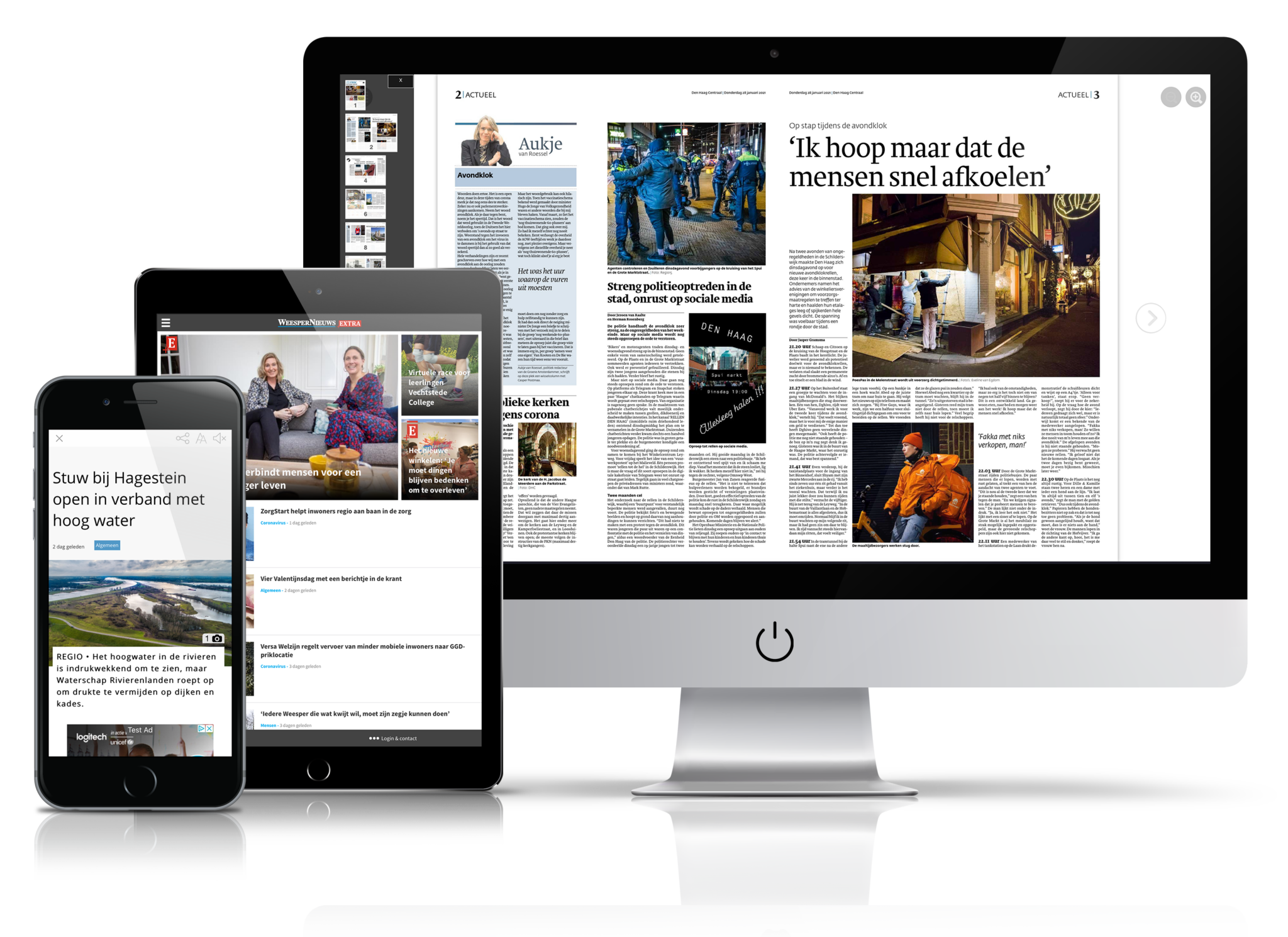News Websites Things To Know Before You Get This
News Websites Things To Know Before You Get This
Blog Article
A Biased View of News Websites
Table of ContentsNews Websites Things To Know Before You Get ThisEverything about News WebsitesNews Websites Can Be Fun For EveryoneNews Websites - An OverviewThe smart Trick of News Websites That Nobody is Discussing
It was down in the UK and Brazil yet up a few other countries, such as Greece, Bulgaria, and Poland (News Websites). This year, for the very first time, we asked about the different manner ins which individuals avoid the information and found that around half of avoiders (53%) were trying to do so in a broad-brush or regular method for instance, by shutting off the radio when the news began, or by scrolling past the information in social networkse.g. scrolling previous news, altering channels when news begins. of avoiders examine resources much less often. e.g. limitation to particular times of day, turning off notices, etc. of avoiders stay clear of some subjects. e.g. topics that reduce state of mind or increase anxiety. You said that you try to proactively stay clear of information.

I'm possibly picking to find out more light-hearted tales than I utilized to at the minute. M, 51, UK Turning my back on news is the only method I feel I can deal in some cases. I have to consciously make the effort to avert for the sake of my own psychological health.
The 25-Second Trick For News Websites
Selective avoidance of Ukraine information was highest possible in most of the countries closest to the conflict, reinforcing searchings for from our extra survey last year, right after the battle had started. Our data might not suggest an absence of interest in Ukraine from nearby countries yet rather a need to take care of time or safeguard mental health and wellness from the really actual horrors of war.
Contrasting Finland with a politically polarised country such as the USA (see next chart) that is much less impacted by the battle, we locate a very different pattern of subject avoidance. In the United States, we find that consumers are most likely to stay clear of subjects such as nationwide politics and social justice, where discussions over issues such as gender, sexuality, and race have actually ended up being highly politicised.
American national politics are quite harmful these days. I discover in some cases that I need to separate from stories that simply make me mad. F, 61, United States For some individuals, bitter and dissentious political discussions are a reason to turn off information entirely, but also for some political upholders, avoidance is usually regarding shutting out point of views you don't wish to hear.

Indicators on News Websites You Need To Know
Some are seeking to make news much more available for hard-to-reach groups, broadening the information schedule, commissioning more motivating or positive information, or welcoming positive or options journalism that provide people a sense of hope or individual company. In our study this year, we asked respondents regarding their passion in these various methods.
This describes why stories like Ukraine or nationwide politics perform well with news regulars however can at the exact same time turn much less interested individuals away (News Websites). Selective avoiders are much less thinking about all kinds of information than non-avoiders but in relative terms they do seem to be a lot more curious about positive or solutions-based information

The 5-Minute Rule for News Websites
2023). This may hold true in the moment, however over time it seems to be leaving many individuals empty and much less pleased, which might be weakening our connection with and rely on the information. Throughout markets, overall count on information (40%) and count on in the sources individuals utilize themselves (46%) are down by a better 2 percentage factors this year.
Via the rear-view mirror, the COVID-19 trust bump is clearly visible in the adhering to graph, though the direction of traveling after that has actually been mixed. In some situations (e.g. Finland), the trust fund increase has actually been maintained, while in others the upturn looks even more like a blip in a story of ongoing long-term decline.
Some of the highest possible reported levels of media objection are discovered in nations with greatest degrees of mistrust, such as Greece, the Philippines, the United States, France, and the UK. The most affordable degrees of media objection are often in those with greater degrees of count on, such as Finland, Norway, Denmark, and Japan.
The 4-Minute Rule for News Websites
This year we asked respondents regarding their preferences for text, audio and video when taking in news online. Typically, we locate that the majority still prefer to read the information (57%), as opposed to watch (30%) or listen to it (13%), but more youthful individuals (under-35s) are most likely to listen (17%) than older teams.
Behind the standards we find substantial and surprising nation distinctions. In markets with a solid analysis tradition, such as Finland and the United Kingdom, around 8 in 10 still choose to read on the internet information, however in India and Thailand, around four in 10 (40%) state they favor to enjoy news online, and in the Philippines that percentage is over fifty percent (52%).
Report this page